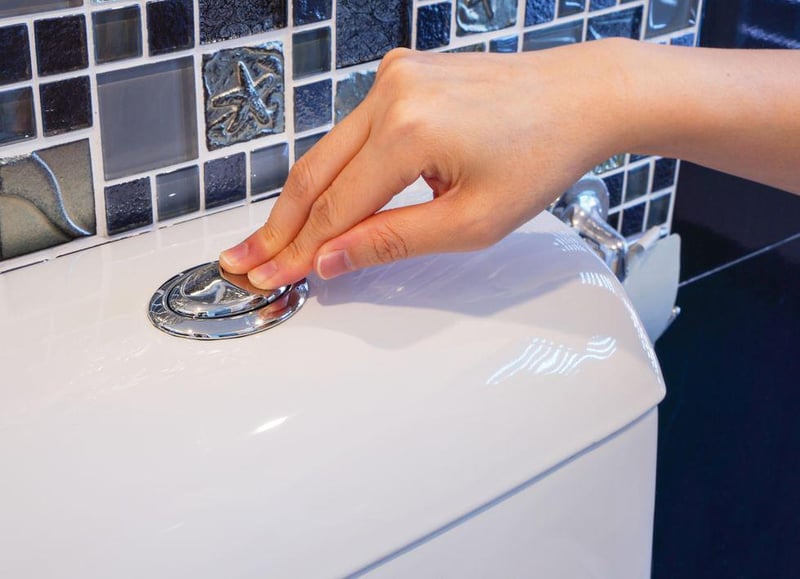Get Healthy!

- Posted November 20, 2021
Are You at Risk for Stress Urinary Incontinence?
If you pee a little when you laugh, dance, exercise or sneeze, you may have stress urinary incontinence.
While this can be annoying, it can be treated -- and even some small lifestyle changes can make a big difference, according to the Urology Care Foundation, the official foundation of the American Urological Association.
It might help to lose weight or to stop smoking, which will lessen your coughing. You can do exercises, known as Kegels, which strengthen the pelvic floor and help support your bladder, the foundation says.
Absorbent products may help to contain the leaks, at least over the short term or long term, depending on what you choose.
Your health care provider can also help fit you with a medical device that can be obtained by prescription or purchased over the counter.
There are two main types of urinary incontinence, according to the foundation. The first is SUI (Stress Urinary Incontinence), in which you release a small to moderate amount of urine when you cough, sneeze or laugh.
In Urge Urinary Incontinence or Overactive Bladder, you may have a sudden, uncontrollable need to pass urine. Leaks with this can be moderate to large.
Common risk factors for SUI are gender, with women more likely to have the condition; pregnancy and giving birth; smoking and chronic coughing; being overweight; pelvic or prostate surgery, and nerve injuries to the spine or neurologic disease.
While there are no medications that treat SUI, in addition to the lifestyle changes, surgery can be recommended for some cases, according to the foundation. You can work with a urologist who has experience in SUI surgery. Female Pelvic Medicine and Reconstructive Surgeons are certified in SUI and other pelvic surgery.
A variety of different surgical options include urethral injections or bulking agencies, which can "bulk up" the urethra in some women, the foundation states. This affects how the bladder sphincter closes the bladder. The surgery may need to be repeated over time.
Another option is sling surgery, which in women involves inserting mesh under the urethra to support its closure during sneezing and other actions. In men, it involves placing mesh tape under the urethra through a cut between the scrotum and rectum. It is not a good choice for men with severe incontinence or those who have had radiation to the prostate or urethra, the foundation says.
Bladder neck suspension involves stitches placed in the tissue along the bladder neck and urethra to support the muscles of the urethra and sphincter.
An artificial sphincter is a treatment for men, though it can also help some women. It includes placing a device with three parts that close the urethra to stop leaks, according to the foundation.
More information
The U.S. Food and Drug Administration has more on stress urinary incontinence.
SOURCE: Urology Care Foundation







